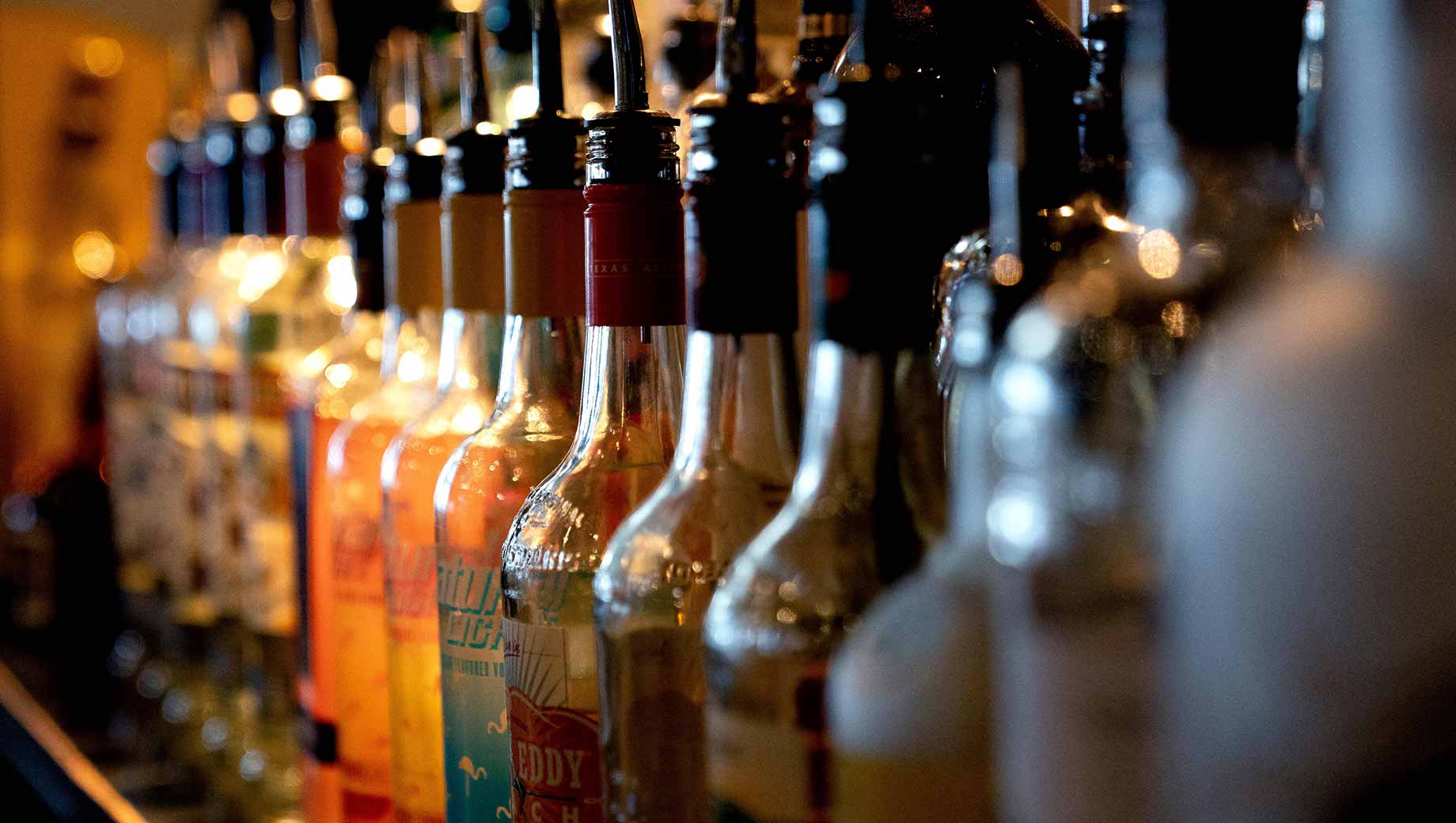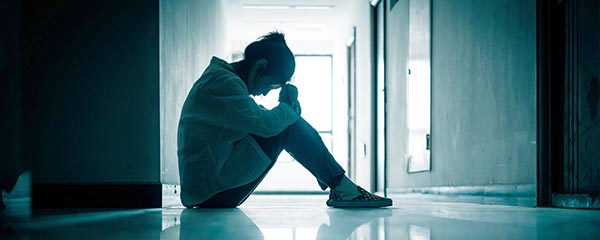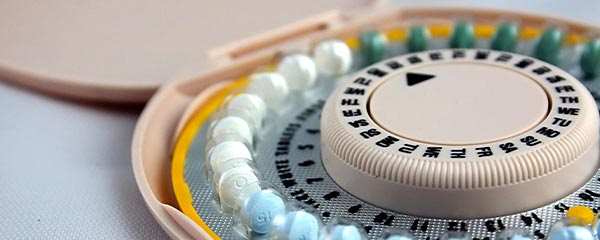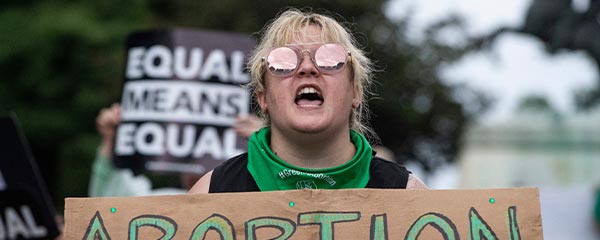Story Highlights
- 71% say alcohol use has negative effect on drinkers; 75% on society
- 67% of U.S. adults drink alcoholic beverages
- 35% of drinkers consume beer most often; 31% wine; 30% liquor
WASHINGTON, D.C. -- Broad majorities of Americans believe the use of alcohol adversely affects both society in general and drinkers specifically. Three in four U.S. adults say alcohol use has a negative effect on society, and nearly as many (71%) think it affects drinkers themselves negatively, though more describe the effect as "somewhat negative" than as "very negative."
Yet, these perceived negative effects of alcohol are not enough to discourage Americans from imbibing, as two in three say they personally have the occasion to drink alcoholic beverages. On the whole, those who are drinking report doing so moderately, averaging about four drinks per week.
As for their drink of choice, drinkers in the U.S. are more closely divided in their preferences than ever before, with roughly equal percentages saying they most often consume beer, wine or liquor.
Alcohol Mainly Viewed as 'Somewhat' Negatively Affecting Drinkers, Society
Americans' views of the ill effects of alcohol, while decisive, are tempered. That is, U.S. adults are much more likely to say alcohol has a somewhat rather than very negative effect on both society and drinkers.
Fifty-five percent of U.S. adults say alcohol use affects society somewhat negatively, while 20% call it very negative. Likewise, 52% think alcohol affects drinkers themselves somewhat negatively, versus 19% very negatively.
Those who do not drink alcohol perceive its effects to be significantly more negative than those who do drink. Non-drinkers are at least three times as likely as alcohol drinkers to say alcohol affects society and drinkers very negatively.
Additionally, U.S. adults without a college degree are more than twice as likely as college graduates to view the effects of alcohol on society and on drinkers as very negative.
Women are seven percentage points more likely than men to view alcohol's effects on both society and on drinkers as somewhat negative.
Americans' Alcohol Use Is Relatively Steady
Gallup has tracked the public's alcohol use since 1939. That year, 58% of U.S. adults said they had the occasion to use alcoholic beverages "such as liquor, wine or beer." Since then, majorities have consistently said they do, with the percentage imbibing no lower than 60% since 1997. The percentage of drinkers reached a high of 71% in three surveys conducted in 1976, 1977 and 1978; however, the question was not asked in 2020 when COVID-19 lockdowns may have impacted drinking habits.
The latest 67% reading, from a July 5-26 Gallup poll, is a slight uptick from last year when alcohol use was at the low end of the narrow range of readings.
Among those who drink, three in 10 say they have consumed an alcoholic beverage in the past 24 hours. Another 36% have had a drink in the past week, while 33% say they last had a drink more than a week ago. The 30% who have consumed alcohol in the past 24 hours is on the low end of the 26% to 40% range since 1984.
On average, U.S. drinkers report having 3.9 drinks in the past seven days, which is roughly in line with the readings historically. In 2003 and 2004, the average was around five drinks a week.
Liquor Use Hits New High; Beer Use at New Low
The type of alcohol that drinkers in the U.S. choose most often has varied somewhat over the past three decades, but beer has outpaced liquor and wine in nearly every reading. That gap is narrower this year as beer consumption, at 35%, is at its lowest level by one percentage point. The reading has been as high as 47% in the early 1990s when Gallup first asked the question.
Wine drinkers comprise 31% of all drinkers. Since 2006, the percentage of drinkers consuming wine most often has ranged between 30% and 35%.
The 30% of U.S. drinkers who favor liquor as their drink of choice is a new high in the trend, also by one point. Liquor consumption has been as low as 18% and has trailed beer and wine consistently until recently, averaging 22% since 1992.
To stay up to date with the latest Gallup News insights and updates, follow us on Twitter.
Learn more about how the Gallup Poll Social Series works.




